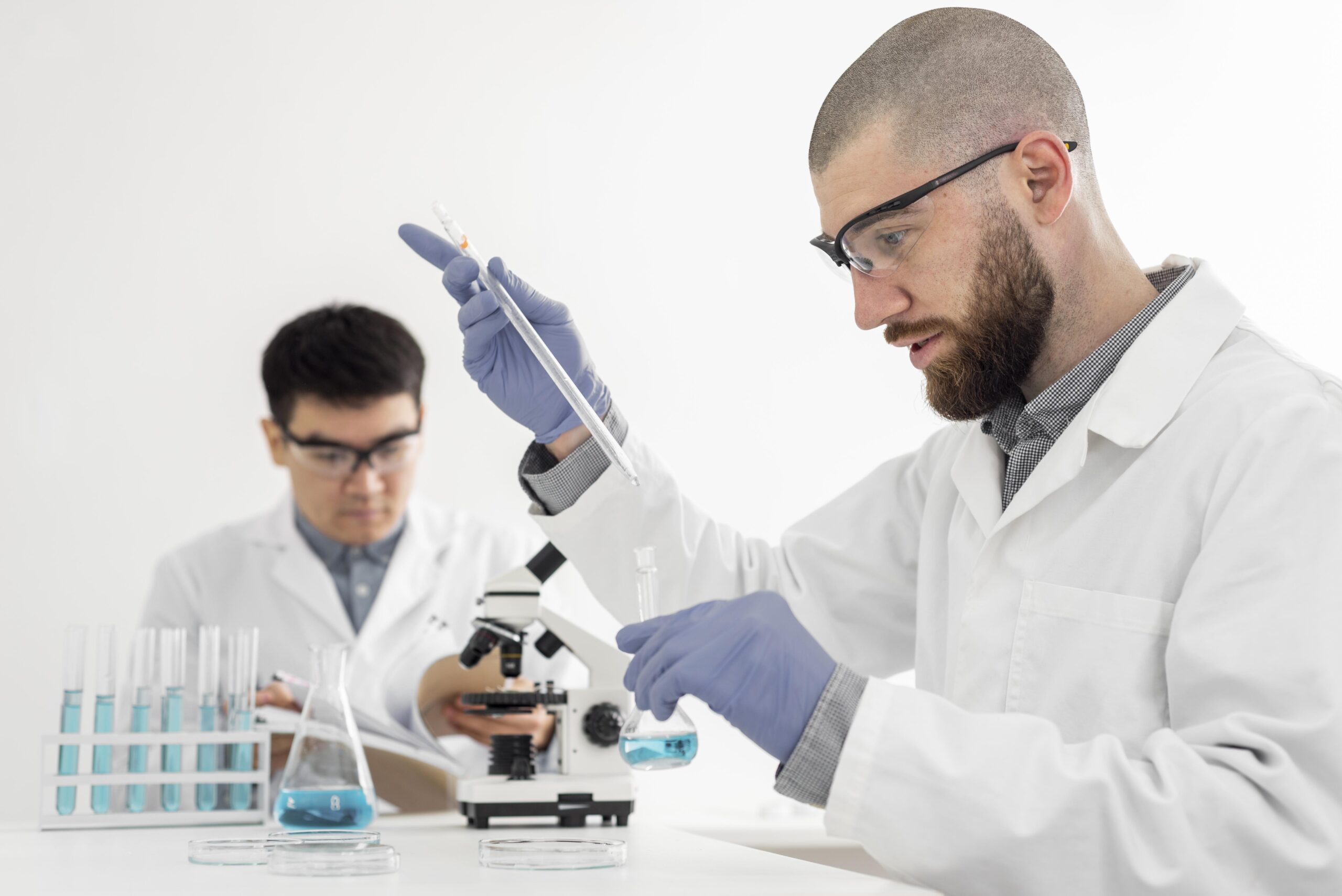The Benefits of Using Peptides in Research
Why Peptides Are Valuable Tools for Researchers
Peptides have become indispensable tools in scientific research, offering unique advantages that make them highly valuable in laboratory settings. Known for their stability, ease of synthesis, and ability to mimic biological processes, peptides enable researchers to explore a wide range of biological functions with precision. This article delves into the benefits of using peptides in research, highlights popular peptides like BPC-157 and TB-500, and reiterates the importance of ethical and legal compliance for researchers in the United States.
Key Advantages of Peptides in Research
- Stability and Ease of Storage
One of the primary benefits of peptides is their stability under laboratory conditions, making them easier to store and handle compared to many other compounds. This stability is particularly beneficial in long-term research studies, where consistent quality and performance over time are critical. - Ease of Synthesis and Customization
Peptides are relatively straightforward to synthesize, which allows researchers to customize them to specific needs. This ability to tailor peptides enables scientists to target unique molecular pathways, leading to precision in experimentation and data collection. Customizable synthesis also facilitates research into complex biological processes, providing insights that would be challenging to obtain with less adaptable molecules. - Biological Compatibility
Peptides can closely mimic natural biological processes because they are composed of amino acid chains, much like proteins in the human body. This compatibility allows peptides to interact effectively with biological systems, which is particularly useful in studies focused on cell signaling, tissue repair, and regeneration.
Popular Peptides in Laboratory Research
- BPC-157
BPC-157 is a synthetic peptide that has shown potential in studies focused on tissue repair and inflammation. Researchers are interested in BPC-157 for its effects on muscle healing and gastrointestinal health, as it appears to influence key biochemical pathways involved in regeneration and repair processes 1. - TB-500 (Thymosin Beta-4)
TB-500, a synthetic version of the naturally occurring Thymosin Beta-4 peptide, is widely researched for its potential in wound healing and cell migration. Studies suggest that TB-500 plays a role in cellular repair and has promising applications in cardiovascular health and muscle recovery studies. Its ease of synthesis and stability make it an ideal candidate for long-term research projects that require consistent results 2.
Compliance and Ethical Considerations for Peptide Use
Peptides provided by PeptidePro are intended exclusively for research purposes and are not approved by the FDA for human consumption or therapeutic use. By restricting these peptides to laboratory and scientific applications, researchers help uphold ethical standards, ensuring that these compounds are used responsibly within legal parameters.
At PeptidePro, we are committed to supporting the scientific community by providing high-quality, research-grade peptides. We encourage all researchers to handle these compounds in compliance with regulatory guidelines and to follow ethical protocols when conducting experiments.
Peptides as Essential Research Tools
With their stability, ease of synthesis, and biological compatibility, peptides are transforming the landscape of scientific research. Popular peptides like BPC-157 and TB-500 demonstrate the versatility and value that peptides bring to laboratory studies. As researchers continue to explore new frontiers with these powerful molecules, it remains essential to adhere to ethical and legal standards, ensuring that peptide research advances responsibly and within regulatory bounds.
References
- Sikiric, P., et al. The significance of the BPC-157 peptide in relation to the gastrointestinal tract and beyond. Current Pharmaceutical Design, vol. 17, no. 16, 2011, pp. 1612-1632.
- Goldstein, A.L., and Hannappel, E. Thymosin beta 4: A multi-functional regenerative peptide. Basic and Clinical Pharmacology and Toxicology, vol. 110, no. 6, 2012, pp. 550-556.











